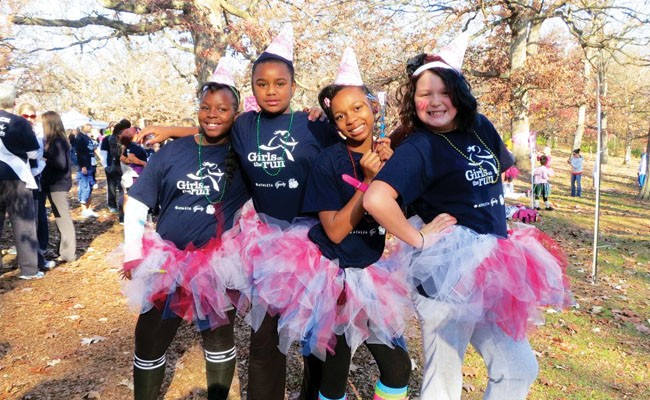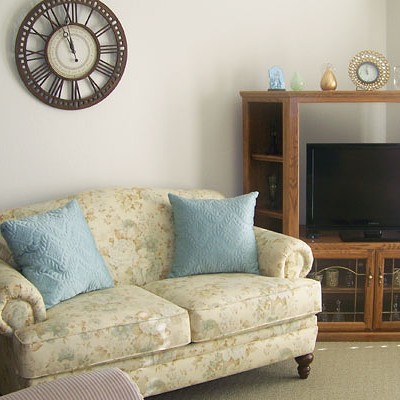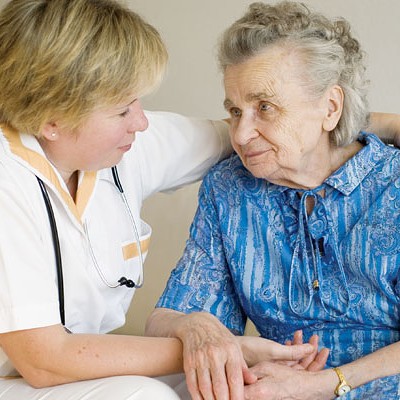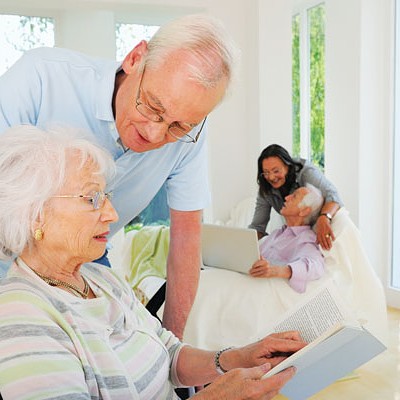
Teen bodies are always changing, especially as they are going through puberty. All of these changes along with wanting to be accepted can cause young girls to have a poor body image. Body image has to do with how one feels about their body and physical appearance. Girls become very body-conscious at a young age. This awareness and desire to be thin can cause girls to have a low self-esteem if they don’t feel like they are the right size. They often compare their bodies to peers and celebrities. Many girls allow the scale to determine their self-worth. Negative body image is a serious problem and may lead to low self-esteem, depression or eating disorders.
Part of the reason young girls become so body-conscious is because our culture is obsessed with physical appearance. The media constantly criticize celebrities’ bodies, labeling them too thin or too heavy. Teen girls, especially, are bombarded with magazine covers, music, movies and advertising where they see “perfect” bodies. The media send the message that a particular size will lead to happiness and success. These images in the media project an unrealistic view of female bodies. These images are often airbrushed or technologically altered, yet they continue to send powerful messages of how female bodies should look.
Here are some ways to help your daughter establish a healthy body image.
*Talk to girls about their bodies. Explain to them that weight gain is a normal part of puberty. Talk to them about being healthy, not about numbers on the scale.
*Talk to them about how the media portray unrealistic female bodies. Explain that the models are often airbrushed. Talk about how the media do not portray average-size females.
*Explain that they should not compare themselves to others. Their body is unique.
*Emphasize their other qualities over their weight. Let them know you see their talents in music, sports and art. Comment on their creativity or thoughtfulness.
*Show acceptance for people of all sizes and shapes. Shape and size are not indicators of someone’s character, intelligence or success.
*Remind them of females in their lives that they admire. How did these females contribute to their lives? Was their size relevant to why they look up to them?
*Be a good role model. Watch what you say in front of them and don’t criticize your own weight. Refrain from talking about being on a diet or wanting to be a smaller size.
*Be an active family. Take family walks or bike rides together after dinner.
*Try to eat meals together. Keep nutritious food in the house, but let kids make decisions about their food. Involve them in planning meals. Turn off the television during meals. Talk about food as fuel for their bodies.
*See if your child’s school has GOTR. Many elementary and middle schools in the area offer Girls on the Run (GOTR) programs. This program helps establish confidence and healthy body image through a noncompetitive running program.
Negative body image can lead to depression, anxiety or eating disorders. Watch your teen if they suddenly seem preoccupied with their appearance. Pay attention to the language your teens use to describe themselves. Listen for any derogatory comments they make about their weight. Look for changes in their behavior like irritability, moodiness or fatigue. Other symptoms of concern would be restricted eating, overeating or excessive exercising.
If you notice any warning signs in your teen, don’t hesitate to get help. Contact your pediatrician or a mental health professional.
Kelly Dial is a Licensed Clinical Social Worker at Professional Counseling Offices in Springfield. Contact her at 217-744-3525.2255.



















